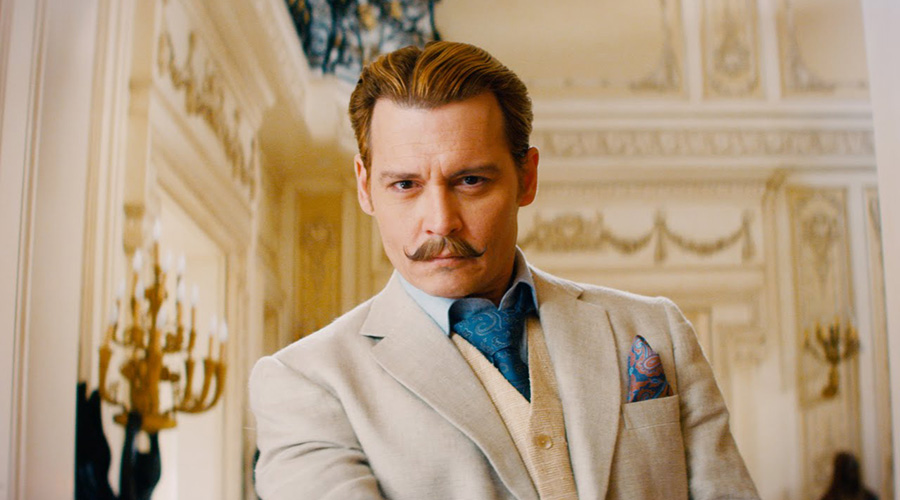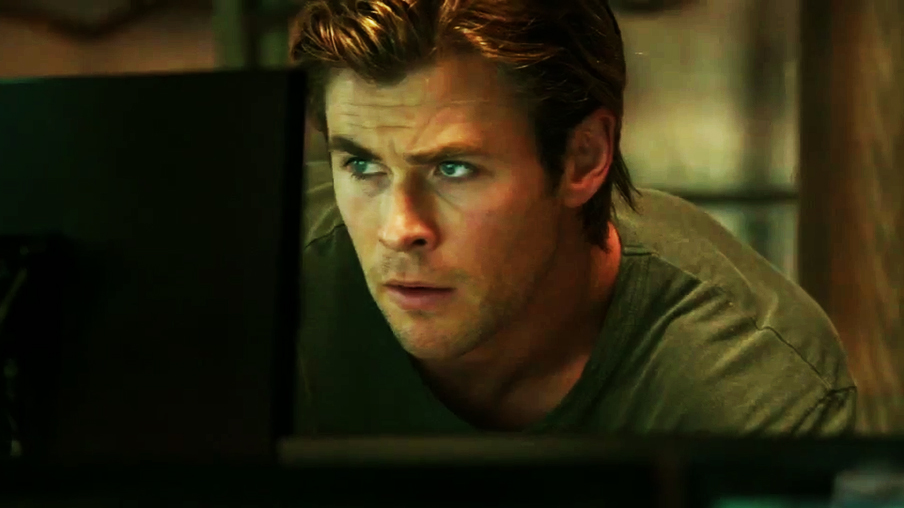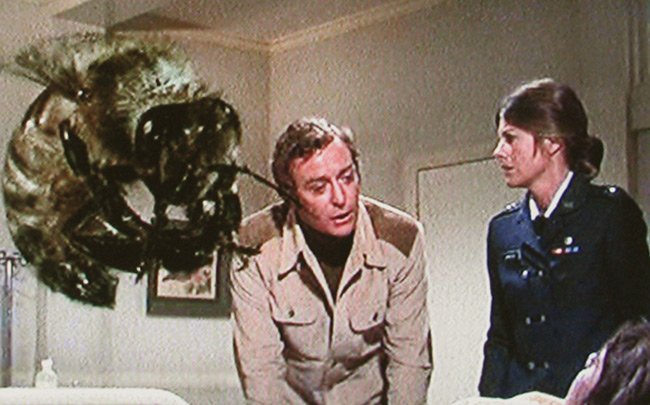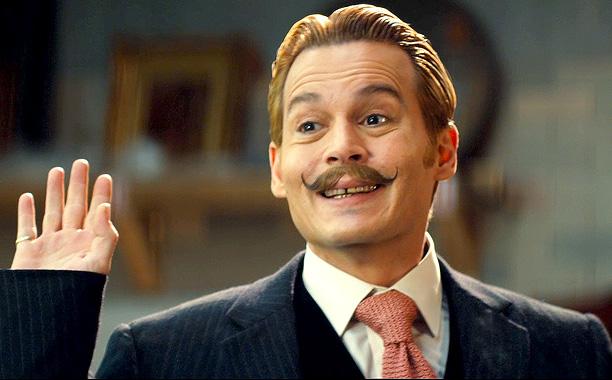
It is widely accepted that we are experiencing an oversaturation of films for quite some time now. With thousands of movies produced each year the line between commercial success or failure can be a blurry one.
Even though a lot of films have nowadays found a new home in streaming platforms, cinemas are still faced with tough decisions and are sometimes forced to pull films from their schedule early in order to cut their losses. Although this may not always be directly related to a film’s quality, more often than not the two are connected.
In this list we take a look at some films that were so awful that forced distributors to either severely limit their releases or pull them from circulation altogether.
10. Revolution

It takes something special to put a dent on the self-esteem of someone as talented as Al Pacino and apparently that was Revolution. The British war drama about the American Revolution follows a father who enlists in the militia in order to protect his young son. The production was faced with many problems during shooting, but what made things worse was the decision to rush the film’s release to coincide with the Christmas market and the Academy Award season.
The theatrical cut did not vindicate expectations, with the mediocre performances being overshadowed only by the overly dramatic narration. Marketing a British film which was released out of the blue turned out to be harder than originally thought, even with names like Pacino and Donald Sutherland in the cast and Revolution made a measly 360,000 dollars in 3 weeks, out of a 28 million dollar budget, making it the biggest flop in British cinema at the time. The damage was so big that it rippled throughout the island’s film industry for years, deterring financing for big productions.
In the aftermath of this disaster, Al Pacino decided to take a 4 year long hiatus from acting to distance himself from the project and reevaluate his choices. All of this perhaps make Revolution the most forgettable film ever to negatively influence cinema in so many different levels.
9. Blackhat

Michael Mann has earned himself a cult following with his work in the last two decades of the 20th century, but the bitter truth is that after Collateral he has struggled to even come close to the heights audiences have come to expect.
If it wasn’t for 1983’s The Keep, Blackhat would probably be considered Mann’s worst film to this day. The famous director’s return to the scene after a 6 year hiatus came in 2015 with an action techno thriller starring Chris Hemsworth as a brilliant hacker who can also fight like a well-trained marine (or maybe a God of thunder).
As the film goes on, one can’t help but think that Blackhat could easily have been a project Mann wanted to do in the 90s but never had the chance to. Although that is clearly not the case, the film takes on themes that were thought to have died along with the Y2K panic.
Mann’s immense experience makes the film more tolerable than it should have been, but the plot is still highly predictable and filled with a number of clichés that make the task of salvaging the film an almost impossible one. Few critics praised it, but the majority were in agreement that Mann had misfired with this release.
Blackhat did quite well in South-East Asia (a region in which the film takes place) but the rest of the world was not impressed. Its domestic gross was only 8 million with Universal subsequently pulling it from most US theatres after only two weeks and opting to not release the film in Australia.
8. The Swarm

It was the 70s and disaster films were one of the more popular subgenres in mainstream cinema. Studios were itching for more and the man everyone looked to was Irwin Allen, the producer who was dubbed by Hollywood as “The Master of Disaster”.
Whether the irony of that title had registered with its creator is still unknown. After massing great commercial success with films like The Poseidon Adventure and The Towering Inferno, Irwin Allen decided to step behind the camera for his next project, The Swarm.
Featuring strong names like Michael Caine and Henry Fonda as well as a considerable budget, The Swarm was set to be another blockbuster. All that changed, when the film hit the cinemas. Apparently, although shipwrecks and blazing skyscrapers appeal to wide audiences, the same can’t be said for African killer bees on a mission to sting the human race to extinction.
The ridiculous plot seemed to go on forever despite having a run time of under 2 hours, with its brilliant cast getting lost in the mayhem of contrived dialogue and endless cutaway scenes. Ultimately, this disaster flick delivered more laughs than thrills and nothing could save it from becoming a huge flop.
The Swarm reportedly made a loss of around 14 million, almost 2/3 of its budget and was subsequently pulled from cinemas 2 weeks later. That did not stop the Academy from nominating it for Best Costume Design, but it marginally stopped the American Bee Association from suing the producers for defaming the American Honey-Bee. So perhaps in the grand scheme of things, The Swarm’s fate could have been a lot worse.
7. Mortdecai

Johnny Depp’s career in the past decade has been on a steep downward trajectory with 2015’s action-comedy Mortdecai being perhaps the lowest point thus far. The film is based on a novel trilogy that was not very successful to begin with, mainly trying to exploit readers’ fascination with spy thrillers in the 70s.
The novels (much like the film) take a more humorous approach to the genre as they follow Lord Mortdecai and his man-servant Jock Strapp (ugh) in various misadventures that tend to exhibit a more than lavish lifestyle.
The film adaptation is based on the first novel (Don’t Point That Thing At Me) which heavily hinted at aspirations to turn it into a franchise. Although Mortdecai featured a number of big names in its cast, which probably prevented an even bigger disaster, the film didn’t even manage to break even on its 60 million budget.
The generic and needlessly convoluted plot, complimented by uninspiring performances were second only to the attempts at comedic relief which fall flat time and time again. Both Depp and Paltrow received Razzie nominations that year, with “Depp and his glued-on moustache” having the added dishonor of being nominated for Worst Screen Combo.
In its third week, Mortdecai had a 90% drop in theatre availability with more than 2,300 cinemas pulling the film from their schedules altogether.
6. Jem and the Holograms

In the 2000s, Hasbro took a big step in expanding to the film industry by seriously investing in live-action films based on its properties. The toy manufacturing colossus was not swayed by the awful critical reception of films like Transformers and G.I. Joe, as they were huge commercial successes.
Franchises started to spawn and new Hasbro properties like Battleship and Ouija entered the rotation. With money constantly rolling in, confidence in the product was high, so in 2015 another property was slated to get a film adaptation; Jem and the Holograms.
Based on a children series of 80s, Jem follows the story of young singer Jessica and her band. Combining music with science fiction elements, the series was relatively successful among young audiences in its time and Hasbro hoped for a similar response to the Transformers adaptation, playing heavily on the nostalgia factor. The company’s confidence was evident, not only from the film’s mid-credit scene which was used to set up a potential sequel, but also from various statements from director Chu, who claimed he was planning a crossover film between Jem, Transformers and G.I. Joe.
Alas, that plan wouldn’t come to fruition as Jem and the Holograms was not only panned by critics (as expected) but also failed to captivate viewers, with its juvenile plot and heavy reliance on millennial culture. Worldwide, the film made less than half of its 5 million budget and although the loss didn’t hurt Hasbro, it was enough to have them pull the film from cinemas after only two weeks.